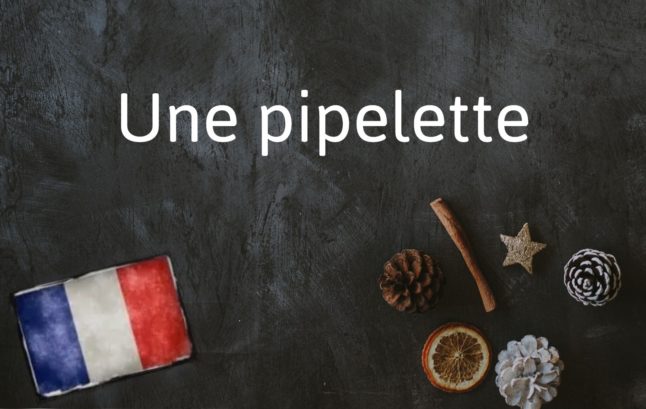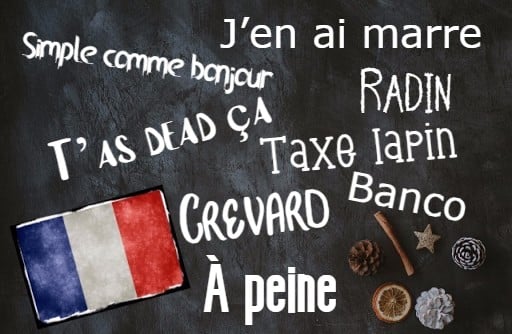Why do I need to know une pipelette?
Because you might have a chatty friend who could be described this way.
What does it mean?
Une pipelette – roughly pronounced oon peep-let – is an old-fashioned colloquial French term to describe a ‘chatterbox’ or someone who never stops talking.
Over time, it has evolved to describe people who love to gossip.
While the term is a bit outdated now (particularly as it’s usually only applied to women), but you will still hear older French people use it from time to time.
The word itself comes from the French novel Les mysères de Paris, by Eugène Sue and published in 1842. The story takes place in 19th century Paris, and one of the characters is named Madame Pipelet, who is very talkative and works as a concierge.
Her name itself is a callback to the verb piper which now means to imitate the sound of a bird (in the same way ‘peep’ does in English), but it historically has also been used as a synonym for parler (to speak).
A more common way to describe a talkative person is bavard.
Use it like this
Ma petite-fille est un véritable pipelette. Elle adore me raconter les histoires de ses amis à l’école. – My granddaughter is such a chatterbox. She loves to tell me about all her friends at school.
Ça va être une longue soirée avec Sarah. C’est une vraie pipelette et elle voudra parler de tout le monde au travail. – It’s going to be a long night with Sarah. She is a real gossip and she’ll want to talk about everyone at work.



 Please whitelist us to continue reading.
Please whitelist us to continue reading.
Member comments